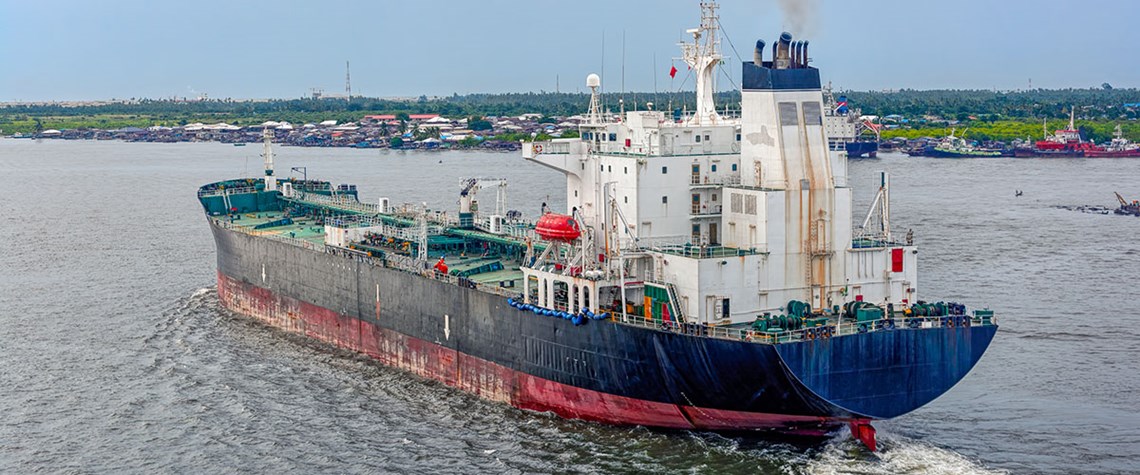The shipping industry must start work on technology, finance and business practices very soon if it is to comply with the International Maritime Organisation's (IMO) 2050 net zero emissions target, delegates heard at a London International Shipping Week (LISW) event this week.
Despite a deadline in more than thirty years, a combination of research and development, building and long lifecycles means that container ships commissioned in the next few years will still be in service when the deadline falls. Zero emission vehicles—or ones that can be retrofitted with zero emission engines—will therefore need to be designed in the next few years.
Bob Sanguinetti, chief executive, UK Chamber of Shipping, says the targets that the IMO have set are "hugely, hugely ambitious," and notes that the UK government has set even more stringent targets in its clean maritime plan.
"We are confident that the improvements needed to achieve the targets in 2030 can be achieved with existing technology," he says. "But when it comes to 2050, the technology to achieve net zero is just not there at the moment. It is a massive challenge… It is something that has to be done internationally."
In order to achieve the 2050 target, zero emission vessels need to be entering the fleet in 2030 and perhaps commissioned in 2027, says Katharine Palmer global head of sustainability, marine & offshore at maritime classification society, Lloyd's Register. In effect, the industry has just eight years to design suitable vessels.
"An asset being built in 2030 is going to have a lifespan of 20, 30 plus years so we need to start thinking about these designs now. People say we have plenty of time to do this, but, really, we do not. We need to start thinking about what we can do now so that a new build in 2030 can be retrofitted. What does that transition curve look like?"
There are three ways of reducing the projected 3bn t CO2e in 2050 to the IMO's absolute maximum target of 450m t, according to Martin Stopford, non-executive president of research services at shipbroking firm Clarksons—move less cargo, slow down ships and come up with zero carbon power plants.
"The one [option] no-one wants to talk about is moving less trade," he says. "Sea trade has grown by 27pc since 2008. It was 8bn t, now it is 12bn t. Can we really afford to ignore that sort of escalating growth so that it gets to 30 bn t in 2050? I do not think so. The right decisions are not just about technology but about common sense and management.
"Today, 40pc of the cargo we carry is fossil fuels. Are we really going to be carrying twice or three times as much fossil fuels in 2050? I do not think so."
Paul Stuart-Smith, founder of consultancy Zero Carbon Finance and former COO of derivatives trading at the Baltic Exchange, says one of the key challenges to achieving zero emission shipping will be attracting the necessary capital. "The amount of capital needed will be vast. So it is critical, not only that it happens, but that it happens as efficiently as possible."
Investors are increasingly being guided by the recommendations of the Task Force on Climate-Related Financial Disclosures (TCFD), says Stuart-Smith. "The idea is to get companies in all sectors, including shipping, to confront the risks and opportunities of climate change and disclose these in their mainstream reports to investors-banks, pension funds and asset managers—to allow them to understand how companies are assessing and managing the risks of climate change."
More than 800 companies worldwide are supporters of the TCFD although "the ranks in the shipping industry are still low… but I think that is about to change because of the rapidly growing risks from climate change".
The most immediate hurdle for the industry is to comply with IMO 2020, which decreases the maximum allowable sulphur content from 3.5pc to 0.5pc on 1 January 2020.








Comments